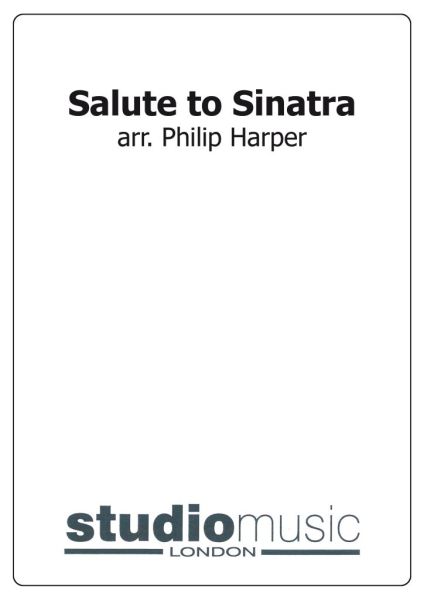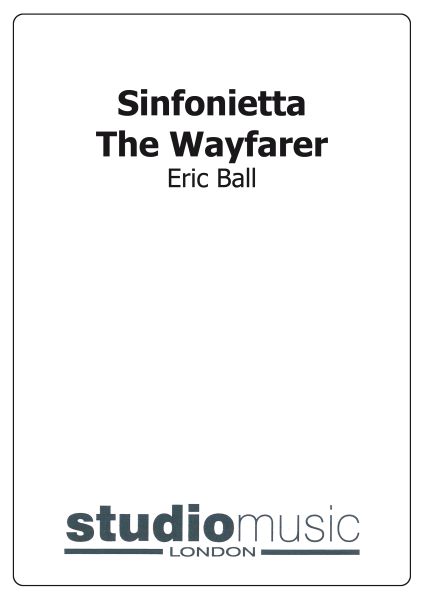Results
-
 £54.95
£54.95Salute to Sinatra
Includes: All the Way; Love and Marriage; Three Coins in the Fountain; My Way; New York, New York.
Estimated dispatch 7-14 working days
-
£82.95
Salute to Youth (Score and Parts)
A suite in three movements: Resilience; Romance; Relaxation.
Estimated dispatch 7-14 working days
-
£37.95
Salute to Youth (Score Only)
A suite in three movements: Resilience; Romance; Relaxation.
Estimated dispatch 7-14 working days
-
£99.95
Sea Pictures (Score and Parts)
An atmospheric and descriptive work, Sea Pictures is in three sections. The quiet but very difficult opening describes the sea at dawn when all is still save for the cries of the early-morning gulls and deep movements of the sea itself. The sun rises a
Estimated dispatch 7-14 working days
-
£57.95
Sea Pictures (Score Only)
An atmospheric and descriptive work, Sea Pictures is in three sections. The quiet but very difficult opening describes the sea at dawn when all is still save for the cries of the early-morning gulls and deep movements of the sea itself. The sun rises a
Estimated dispatch 7-14 working days
-
£69.95
Serenade Op.20 (Score and Parts)
The three movements include: Allegro Piacevole; Larghetto; Allegretto.
Estimated dispatch 7-14 working days
-
£32.95
Serenade Op.20 (Score Only)
The three movements include: Allegro Piacevole; Larghetto; Allegretto.
Estimated dispatch 7-14 working days
-
 £74.95
£74.95Sinfonietta - The Wayfarer (Score and Parts)
Written for the 1976 National Brass Band Championships, this work has three continuous movements: Adventure; Exile; Homeward Journey.
Estimated dispatch 7-14 working days
-
£37.95
Sinfonietta - The Wayfarer (Score Only)
This work has three continuous movements: Adventure; Exile; Homeward Journey.
Estimated dispatch 7-14 working days
-
£69.95
Suite for Switzerland (Score and Parts)
A Suite in three movements: Country Dance; Yodelling Song; Alpine Storm
Estimated dispatch 7-14 working days
